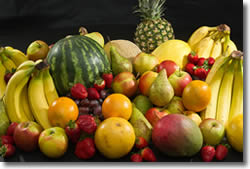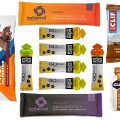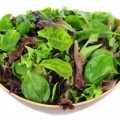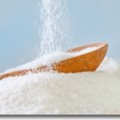Just as sleep is a vital component of effective recovery, so is a healthy diet. When it comes to eating well, it may be worth emphasizing in today’s world of fast food and highly processed comestibles that the best sources of nutrition are whole foods with minimal processing rather than pre-packaged meals and snack items. Eating a wide variety of whole foods, and satisfying cravings within reason, ensures you are getting the nutrients you need to stay fueled and healthy.

In terms of macro-nutrients (carbohydrates, proteins, fats), athletes typically require 5-19 grams of carbohydrate per kilogram of body weight, 1.2-2 grams of protein per kilogram of body weight, and 0.8-3.0 grams of fat per kilogram of body weight. The exact amounts vary according to the training phase and amount of training you are engaged in. Enough water and fluids should be consumed so that your urine is the color of straw.
But beyond basic dietary guidelines, a few tips should be kept in mind to enhance post-workout recovery. In exercise bouts that last over 60-90 minutes, muscle glycogen (the body’s carbohydrate stores) become depleted and needs to be replaced. It is best to start this process within a half hour (or at least within an hour) after exercise by consuming around 0.5 grams of carbohydrate per pound of body weight. For example, a 160 pound triathlete would target about 80 grams of carbohydrate, which translates into a snack of 320 calories (e.g. a couple of bananas and a bagel). Your choice of snack will depend upon your personal preferences, but this is not the time to pig out on cookies or ice cream. Keep the snack healthy and you will start your recovery on the right track.
One of the body’s reactions to intense exercise is inflammation. Reducing inflammation is therefore an important part of the recovery process. Essential fatty acids help to decrease the body’s inflammation response, and should be an important part of the athlete’s daily diet. In particular, the omega-3 fatty acid is often underrepresented in typical diets. Cold water fish (e.g. tuna, salmon) and flax seeds/oil are excellent sources of omega-3. Yet another food item that has anti-inflammatory properties is pineapple—specifically, the enzyme bromelain that is found in pineapple. Instead of reaching for a soda, try a glass of cold pineapple juice instead. It also provides a nice dose of carbohydrates to help replenish depleted glycogen stores in the muscles.







